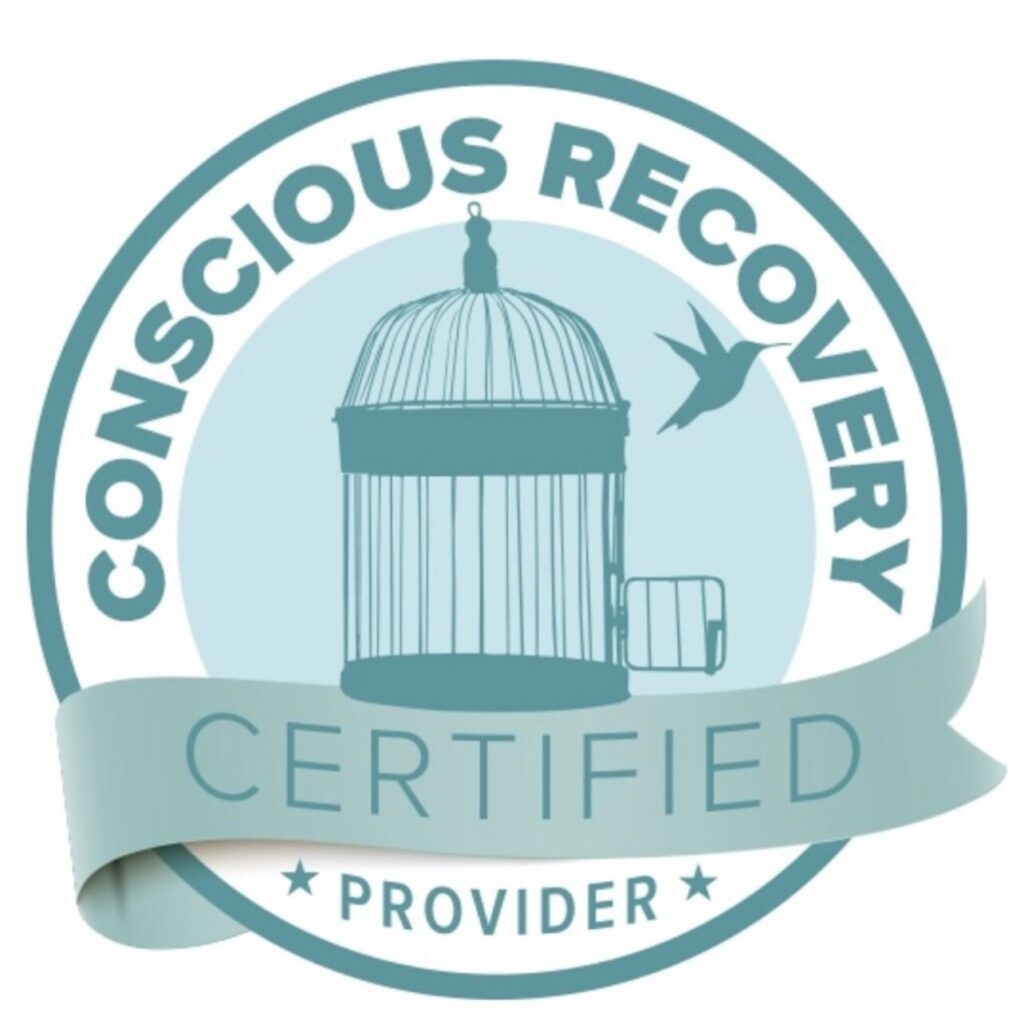Benzodiazepines—commonly referred to as “benzos”—are a class of psychoactive drugs prescribed for anxiety, insomnia, seizures, and muscle spasms. While effective in the short term, prolonged use can result in physiological dependence and challenging withdrawal symptoms. These symptoms arise due to the body’s adaptation to the drug’s effects on the central nervous system (CNS), and abrupt discontinuation can trigger a cascade of neurological and psychological disruptions.
Overview of Benzodiazepines
Common benzodiazepines include:
- Alprazolam (Xanax)
- Diazepam (Valium)
- Lorazepam (Ativan)
- Clonazepam (Klonopin)
These medications function by enhancing the activity of gamma-aminobutyric acid (GABA), the brain’s principal inhibitory neurotransmitter. GABA acts like a brake system, calming neural activity and promoting relaxation, sedation, and anxiolysis (anxiety relief).
Mechanism of Withdrawal
With chronic benzo use, the brain reduces its natural GABA production and may alter GABA receptor sensitivity. This neuroadaptation means the CNS becomes dependent on the presence of benzodiazepines to maintain balance. When benzodiazepines are suddenly reduced or stopped, the CNS is left in a hyperexcitable state, lacking sufficient GABA-mediated inhibition.
This leads to an overactive state marked by heightened anxiety, sensory sensitivity, and physical symptoms—often referred to collectively as withdrawal.
Common Withdrawal Symptoms
Withdrawal severity and duration depend on several factors, including the specific benzo used, dosage, duration of use, and individual physiology. Common early symptoms include:
- Rebound anxiety (often more intense than pre-medication levels)
- Insomnia
- Irritability and agitation
- Muscle tension and spasms
- Difficulty concentrating (“brain fog”)
- Hypersensitivity to sound, light, and touch
- Sweating and heart palpitations
- Nausea and gastrointestinal distress
Severe and Dangerous Symptoms
In some cases—especially after long-term high-dose use or abrupt discontinuation—benzodiazepine withdrawal can include severe and potentially life-threatening complications:
- Seizures: Often generalized tonic-clonic, and can occur without warning
- Hallucinations: Visual, auditory, or tactile
- Delirium: Confusion, disorientation, and fluctuating consciousness
- Psychosis: Paranoia, delusions, and depersonalization
- Suicidal ideation: Especially in those with pre-existing mood disorders
Unique Aspects of Withdrawal
Xanax and Other Short-Acting Benzos
Short-acting benzodiazepines like alprazolam (Xanax) tend to produce faster and more intense withdrawal symptoms. This is due to the drug’s rapid onset and short half-life, which can cause significant fluctuations in blood levels and a more abrupt CNS rebound.
Protracted Withdrawal Syndrome (PAWS)
A subset of individuals may experience prolonged withdrawal symptoms that persist for months after cessation. Known as Post-Acute Withdrawal Syndrome (PAWS), this condition can involve:
- Chronic anxiety and panic episodes
- Insomnia
- Depression
- Cognitive impairment
- Fatigue and lack of motivation
While these symptoms tend to lessen over time, they can significantly affect quality of life and recovery progress.
Timeline of Symptoms
The onset and duration of symptoms vary depending on the half-life of the specific benzodiazepine used:
- Short-acting benzos (e.g., Xanax): Symptoms may begin within 6–12 hours
- Intermediate-acting (e.g., Ativan): Symptoms usually begin within 12–24 hours
- Long-acting (e.g., Valium): Onset may be delayed up to 2–3 days
Acute symptoms generally peak within the first two weeks and gradually decline, although psychological symptoms can persist for several months.
Risk Factors for Severe Withdrawal
- High-dose or long-term use
- Abrupt cessation (cold turkey)
- History of seizure disorders
- Co-occurring mental health conditions
- Use of other CNS depressants (e.g., alcohol, opioids)
Safe Discontinuation Strategies
Because of the risks associated with benzo withdrawal, a medically supervised tapering process is strongly advised. This involves gradually reducing the dose over a period of weeks or months to allow the CNS to recalibrate slowly. Tapering schedules are often customized based on the individual’s usage patterns and overall health.
In some cases, transitioning from a short-acting benzo to a long-acting one (like diazepam) can help stabilize blood levels and reduce withdrawal intensity during tapering.
Supportive Care During Withdrawal
- Psychiatric oversight: To monitor mood and prevent complications like depression or psychosis
- Sleep support: Non-benzodiazepine interventions for insomnia
- Nutritional support and hydration: To maintain physical resilience
- Therapeutic modalities: Including CBT, mindfulness, and trauma-informed approaches
- Peer support: Structured, compassionate environments can help ease psychological distress
Long-Term Recovery Outlook
Benzodiazepine withdrawal is often underestimated in its complexity and emotional toll. Recovery can be prolonged and nonlinear, but many people do return to baseline with proper support. Restoration of natural sleep patterns, emotional regulation, and cognitive clarity often occurs gradually over several months.
A holistic approach—integrating body, mind, and spirit—is particularly beneficial in addressing the multidimensional challenges of withdrawal and healing. This may include gentle movement practices, breathwork, nature immersion, and individualized therapeutic support.
Summary
Benzo withdrawal is a serious condition marked by a wide spectrum of physical and psychological symptoms. The intensity and duration vary, but the underlying cause is consistent: the brain’s reliance on external GABAergic activity and its subsequent struggle to self-regulate when the drug is removed. With the right support, education, and care, recovery is not only possible—it can be a doorway to a deeper, more integrated sense of wellness.
When you’re ready to begin your reset, we are here—confidentially, compassionately, and without judgment. Call (747‑RECOVER) or inquire online to explore a private, holistic path forward.


